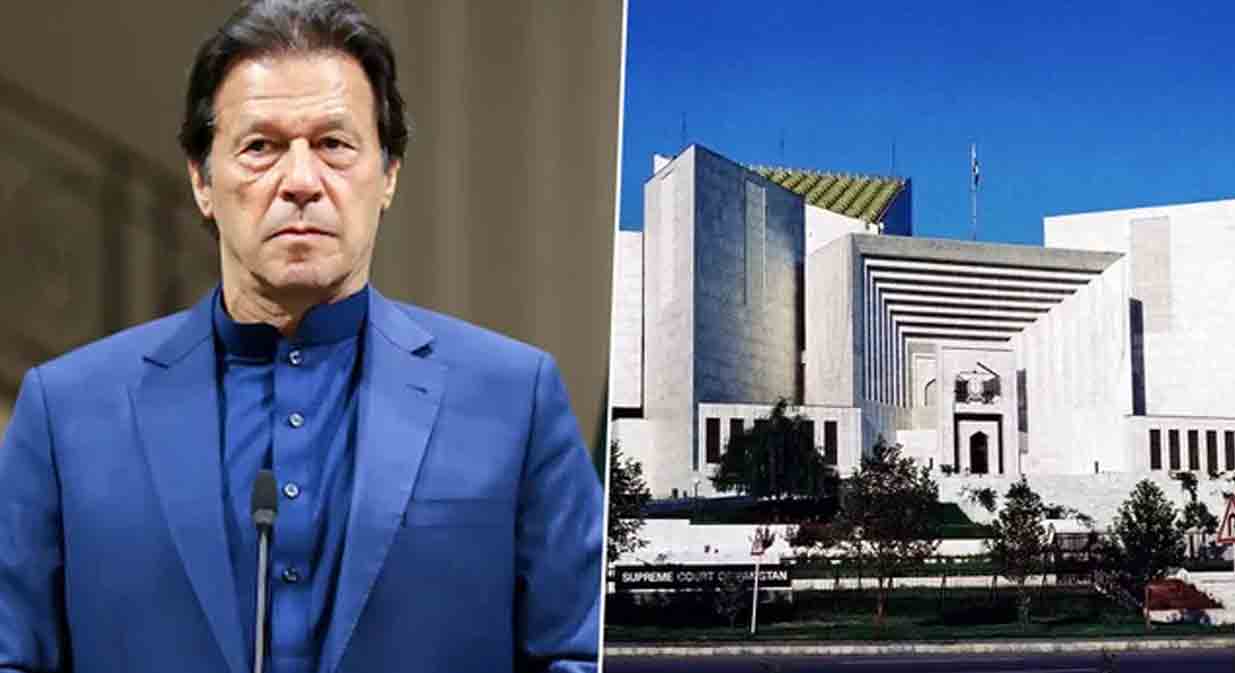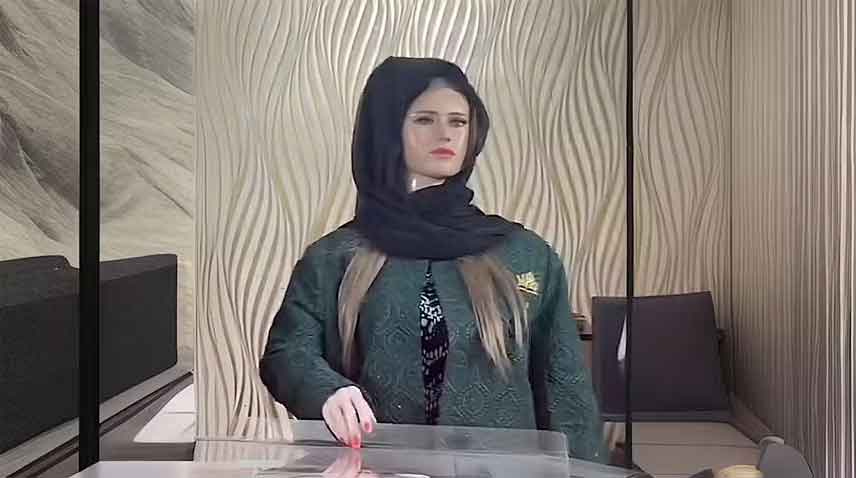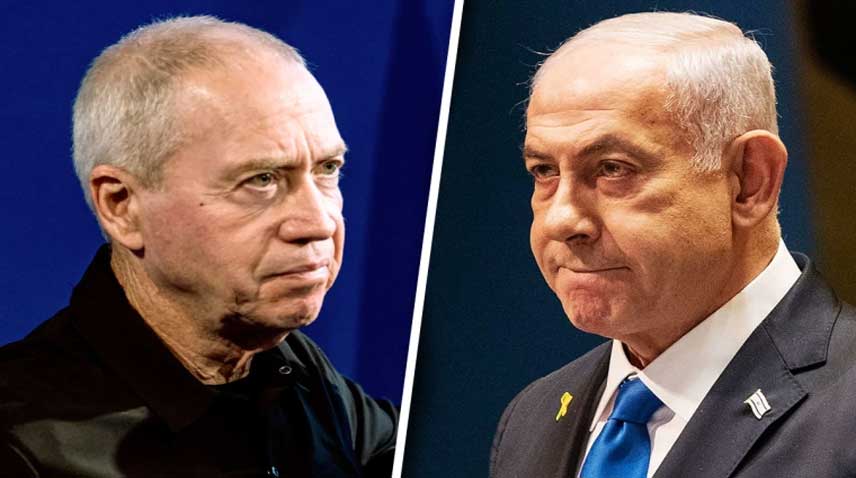
The apex court has been moved against the verdict of the Islamabad High Court (IHC) dated June 3, 2024 nixing the conviction of the two PTI leaders in cipher case. The case charged accused them of misusing and misplacing the classified diplomatic document.
Also read: IHC orders sessions court to pronounce judgment on appeals in Iddat case within 30 days
In January, Imran and Qureshi had been handed by a special court 10-year jail sentence each in the case after Judge Abual Hasnat Zulqarnain appointed a state counsel for them.
The cipher case involves a diplomatic document that was, as alleged by the Federal Investigation Agency’s charge sheet, never returned by then prime minister Imran Khan, who has been asserting that the document contained a threat from the United States to topple the PTI government.
Also read: Imran Khan, Shah Mehmood, others acquitted in Azadi March vandalism cases
The FIA in its petition submitted to the SC, said that the high court's judgment is perverse, arbitrary, and contrary to the material available on the record "as such liable to be set aside".
It further said that the IHC while passing judgment, did not appreciate that it lacks jurisdiction or power to create rights, which are not provided by the Constitution or a validly enacted law.
"It was neither a case of casus omissus nor necessitated application of doctrine of reading in as no constitutional guarantees have been violated," the petition read.
The plea said that the respondents — Imran and Qureshi — were non-cooperative throughout the trial and they made "[e]very possible efforts to delay the proceedings".
"The matter was number of times adjourned on the request of the respondents or their counsels. The witnesses remained present in the court but their cross examination was not carried out by the defense counsels."
The plea reads that the prosecution produced documentary evidence along with its forensic analysis through reliable and confidence-inspiring evidence which was not negated during the cross-examination, but this aspect has not been "appreciated by the Honourable Division Bench of Islamabad High Court, while acquitting the respondents".




